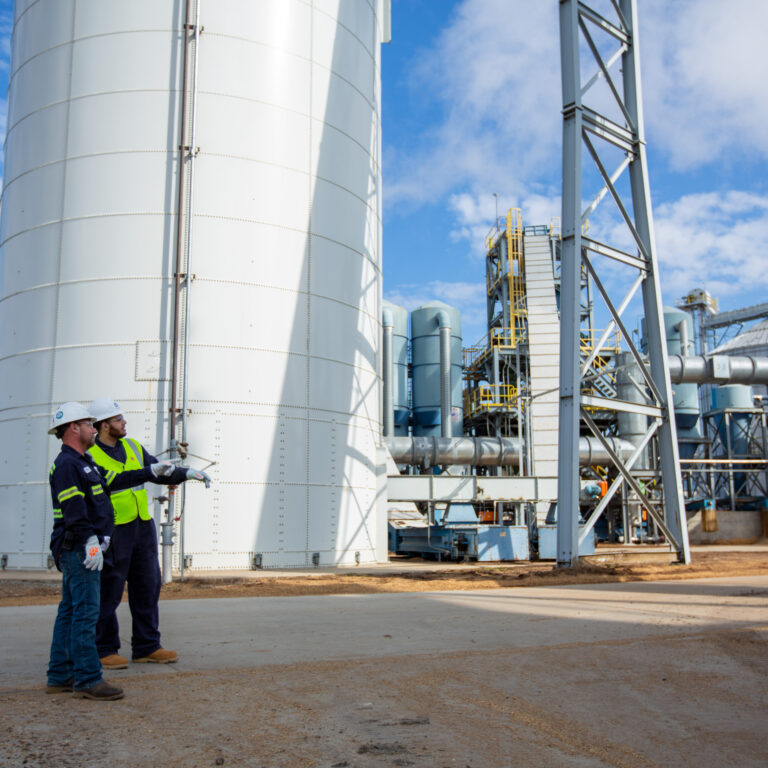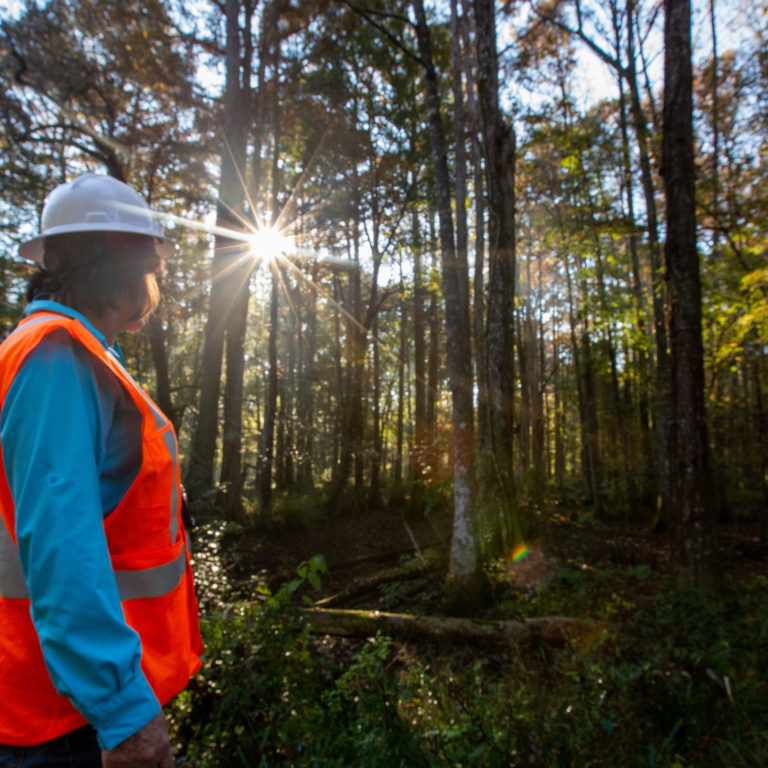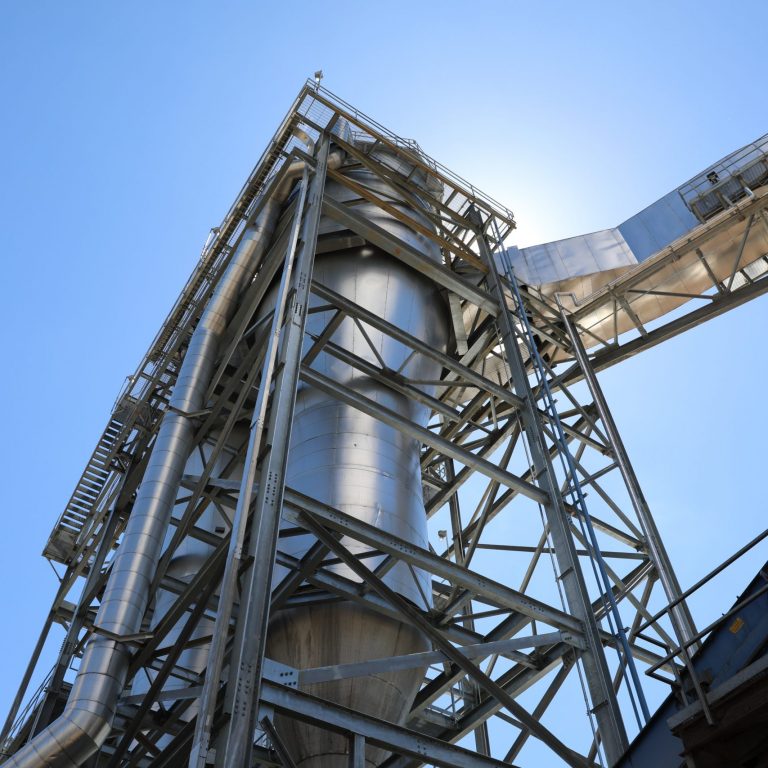Sustainability policies and meeting UK government sustainability criteria
It is fundamental to us that the biomass we use is sustainable and meets statutory requirements. We have a dedicated sustainability team whose role is to ensure the compressed wood pellets we manufacture, sell for heat or use to generate electricity meet the requirements we have set ourselves in our Sustainability Policy and the criteria for sustainable biomass as established by the UK government.
The sustainability team reports to the Director of Corporate Affairs who has overall responsibility for delivering Drax Group’s sustainability performance and ensuring biomass meets the government’s sustainability criteria. In doing so, Renewable Obligation Certificates (ROCs) can be claimed by Drax Power on the electricity generated from high density wood pellets in place of coal.
Sustainability policy
As the sustainability of the biomass we use is a fundamental part of our business, we make every effort to ensure all our supplies comply with the following principles:
- To significantly reduce greenhouse gas emissions compared to coal-fired generation
- Does not endanger food supply or communities where the use of biomass is essential for subsistence (for example heat, medicines and building materials)
- Does not adversely affect protected or vulnerable biodiversity and, where possible, give preference to biomass production that strengthens biodiversity
- Deploys good practices to protect and/or improve soil, water (both ground and surface) and air quality
- Contributes to local prosperity in the area of supply chain management and biomass production
- Contributes to the social wellbeing of employees and the local population in the biomass producing areas
- No net release of carbon from the vegetation and soil of either forests or agricultural land
'Responsible Sourcing: A policy for biomass from sustainable forests' and Independent Advisory Board
In October 2019, we announced that we have strengthened our biomass sustainability policy and appointed an Independent Advisory Board on Sustainable Biomass.
Ensuring sustainable sourcing
We have an environmental, social and economic responsibility to ensure we constantly drive improvements along our supply chain, from forestry practices in the locations where raw materials for compressed wood pellets are sourced, to the point they enter our power generating units or are sold as a renewable heat fuel. A critical part of this is building close relationships with our suppliers so we can openly discuss issues with them and support efforts to improve their working practices.
Each potential new pellet supplier is fully audited before any commercial agreement is put in place and sustainability declarations made by the supplier form part of the contractual agreements. Existing suppliers are audited at least once every three years. We report on the sustainability of our biomass to the regulator each month, and are ourselves audited to ISAE3000 standards to ensure the accuracy of our reporting.
UK government sustainability criteria
To be able to claim ROCs and in the future to claim payments under the contract for difference (CfD) for the electricity we generate with biomass it is essential it meets the UK government’s sustainability and greenhouse gas emissions savings criteria. The sustainability criteria can be summarised as follows.
- Management of the forest must ensure:
- productivity of the forest is maintained
- ecosystem health and vitality are maintained
- biodiversity is maintained
- harm to ecosystems is minimised
- The forest management organisation and any contractors must comply with local and national legal requirements relevant to labour and welfare, and health and safety
- Management of the forest must have full regard to identification, documentation and respect of legal, customary and traditional tenure and use rights related to the forest; mechanisms for resolving grievances and disputes including those relating to tenure and use rights, to forest (or land) management practices and to work conditions; and safeguarding the basic labour rights and health and safety of forest workers














